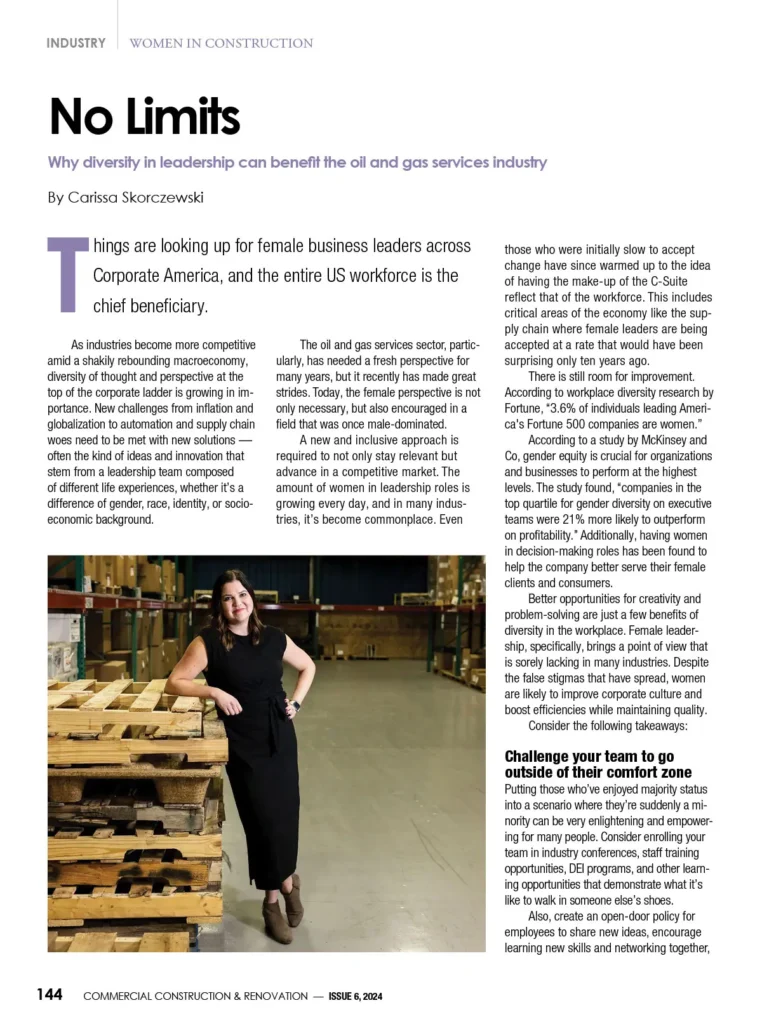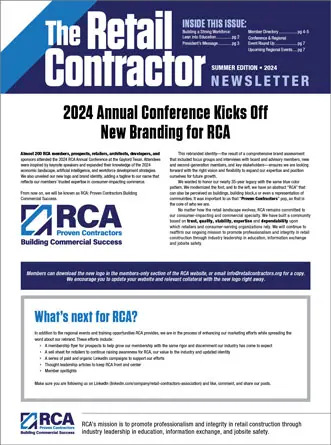Gen-Z workers were the turning point for the new way of office culture. With their unique outlook and digital native skills, they are transforming the way we work, collaborate and communicate. Here are some ways in which Gen-Z is influencing office culture.
Building A Comfortable Office Environment
The fact that so many businesses now offer flexible working means the office space has to be a haven for Gen-Z workers to enter. Go back 20 years, and the office environment was far more relaxed than it is now. Brands don’t necessarily need to splash out – discount furniture stores sell the comfiest office chairs, bean bags ready for chill-out areas, and sit-down/stand-up desks accommodating the needs of every worker. Just look at Google, which even has dedicated sleep areas for staff with the dreaded heavy eyes in the afternoon.
Embracing Technology
Gen-Z grew up in the digital age, and they are fluent in the latest technology. They are quick to adopt new tools and platforms that make work more efficient and productive. One example is the use of social media, namely TikTok, to promote business to younger generations. Brands such as Ryanair, Mercedes, and BMW follow TikTok trends to create their own TikToks that appeal to a younger audience. Gen-Z has also promoted cloud-based software and project management tools to facilitate business needs. Gen-Z workers are not as interested in brands that aren’t fluent in technology.
Flexibility And Work-Life Balance
Unlike previous generations, Gen-Z places a high value on work-life balance. As a result, companies are increasingly offering flexible work arrangements and promoting work-life balance to attract and retain Gen-Z talent. The pandemic largely fuelled this trend, with hybrid working now common across most sectors.
Diversity And Inclusion
The Gen-Z worker is passionate about diversity and inclusion – it’s a hot topic worldwide relating to all aspects of life, not just office work. So much so that 76% of participants in a study say that diversity and inclusion are deciding factors when seeking a new job role. As a result, companies are increasing their efforts to create diverse and inclusive workplaces, with initiatives such as unconscious bias training, diversity hiring programs, and employee resource groups.
Sustainability
Everywhere you look, the world is talking about sustainability. Some Gen-Z workers will refuse to shop with or work with an organization that doesn’t facilitate or promotes sustainability in some way. It just so happens that Gen-Z workers are at the forefront of promoting sustainability. Studies have proven that Gen-Z workers have higher eco-anxiety and are more conscious about how businesses negatively impact the environment. Some even refuse to work for specific companies known to be harmful to the environment – the airline industry being one example.
They want to work for companies that consider themselves socially responsible and committed to sustainability. As a result, companies are investing in sustainability initiatives, promoting corporate social responsibility, and adopting ethical business practices, such as committing to using clean energy.
There’s no doubt that Gen-Z is shaping the future of office culture in many ways. They are bringing their unique perspective and digital skills to the workplace and are transforming the way we work for the better. Companies that want to attract and retain Gen-Z talent must adapt to their values and expectations, embrace technology, promote work-life balance, foster collaboration, promote diversity and inclusion, and commit to sustainability and social responsibility.








 The 2024 virtual Men’s Round Table will be held Q4, 2024, date TBD.
The 2024 virtual Men’s Round Table will be held Q4, 2024, date TBD.












